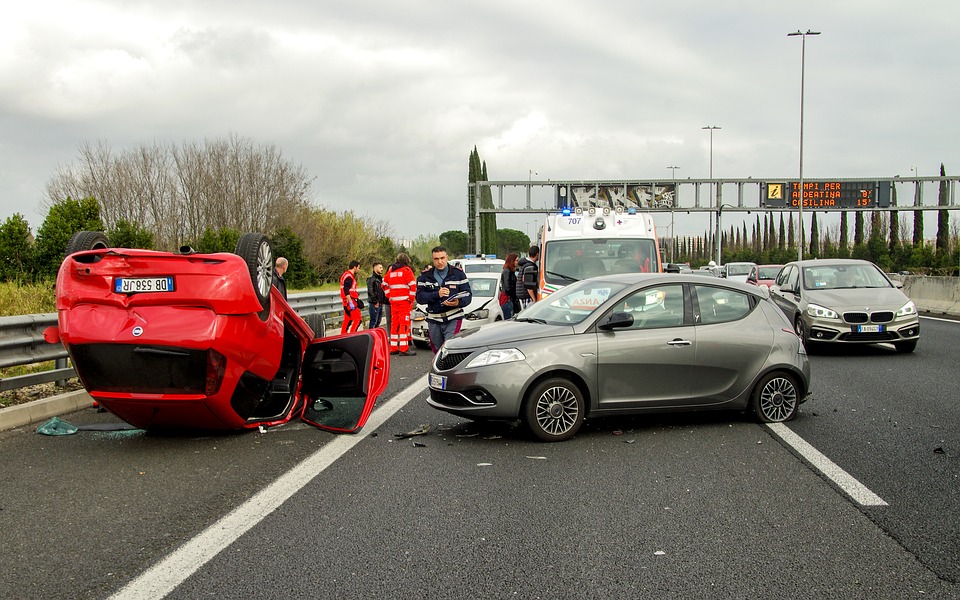Experiencing a traffic accident is a traumatic experience. Depending on the severity of the accident, you might find yourself dealing with the consequences of that event for years after it has happened.
Coping with the trauma in the aftermath can be extremely difficult for many people. Join us as we discuss several things you can do to ease up the psychological effects of a traumatic accident.
The Invisible Damage
Traffic accidents can result in all kinds of injuries including physical and psychological ones. Dealing with both can be a long term process, depending on the severity of the accident. The world has seen another year’s worth of horrific traffic accident statistics that have left millions hurt.
A good portion of these victims will experience delayed trauma months or even years after the traffic accident has occurred. Knowing how to deal with these psychological consequences is key.
Everyone Copes Differently
Traumatic events affect different people in different ways. It’s no secret that some individuals are much better at handling such events, without suffering long term problems. Others aren’t so lucky.
A lot of things can happen in an accident. You might suffer injuries, but you also might inflict injuries onto others without being at fault. As truck accident legal specialists over at Blumenshine Law Group notice, truck drivers are particularly prone to this type of trauma. Big rigs are massive, heavy, and generally the ones that are causing damage in a collision. Whether you’re a victim, the one who caused pain to others, or both, you might be dealing with PTSD.
Understanding Post Traumatic Stress Disorder
PTSD has been around for a long time. However, post-traumatic stress disorder has only recently received the attention it deserves. Most of the PTSD research was aimed at military veterans. As a result, we’ve seen a large uptick in the understanding of this disorder, but also an onset of this false idea that PTSD is reserved for combat veterans only.
The truth is that any traumatic event can lead to PTSD, including traffic accidents. Some of the symptoms of car accident-related PTSD include:
- Frequent flashback of the accident
- Irritable mood and mood swings
- Inability to maintain relationships with loved ones
- Anxiety caused by traffic
If you experience any of these for a prolonged period of time, you might want to consider some form of treatment. Speaking of which, here are some of the ways you can cope with trauma following a traffic accident.
Coping with Trauma
Coping with trauma is an individual thing. We all cope in our own unique ways. That being said, certain coping mechanisms have been proven to work on a large number of people. For most, the very first step is talking about the trauma.
Talking About Trauma
Going over the event that has caused you pain is difficult. However, for many, it’s the first necessary step towards healing.
You can talk about your trauma to your family, friends, counselor, or a support group. Oftentimes talking to people who are in a unique position to understand where you’re coming from makes all the difference.
Work On Yourself
Staying physically active is a good way to manage anxiety and stress caused by a traumatic event. There are two clear advantages to working out in relation to the trauma. For one, you’re staying busy and spending time focusing on the exercise at hand. More importantly, working out forces your body to release dopamine – a chemical that positively affects your mood.
Don’t Be Scared to Seek Help
Not all traumas are the same. It’s not uncommon for a survivor to feel overwhelmed by what they’ve experienced. In some cases, coping with long term effects on your own simply isn’t an option.
The important thing is to seek help when you feel that you’re barely holding your head above water. Talking to a therapist can be extremely beneficial, not just for treating the symptoms of severe PTSD, but also for coming to terms with the traumatic event that started everything.
Professional therapists are trained in dealing with cases such as yours, which makes them the perfect person to talk to. In some cases, the medication should also be involved as a part of treatment.
You are Not Alone
At the end of the day, you should know that you’re not alone. There are people out there willing to help you overcome whatever issues you have as a result of your traffic accident.
Whether you’re dealing with severe stress or anxiety due to what happened to you, there are people you can talk to. People who understand what you’re going through and who will be more than happy to help you find closure.


